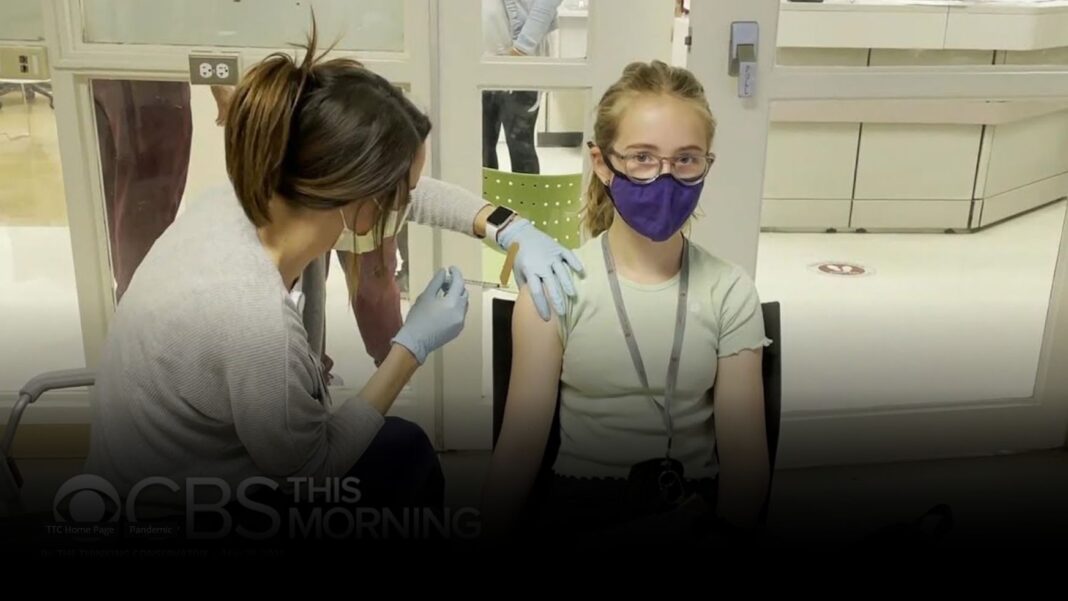Chinese officials have released an updated analysis of more than 1,300 samples taken from the Wuhan wet market at the beginning of the Covid-19 pandemic.
In a preprint published on Wednesday, researchers from the Chinese Center for Disease Control and Prevention said there was “convincing evidence” that Sars-Cov-2 was spreading widely at Wuhan’s Huanan seafood market in January 2020.
But they claimed it’s not clear how Covid got there, as no virus was found in the 457 animal swabs taken from 18 species at the market.
Instead, they suggested Sars-Cov-2 could have been “introduced by a human or cold chain product” – a route consistently mooted by China – though they did call for for “enhanced” surveillance of wild animals to find potential hosts and prevent a repeat.
The data behind the latest Chinese research has proved controversial, after a team of international experts downloaded the genetic sequences that had been discreetly shared on a database called GISAID. Their analysis was the first conducted on the data outside China, which has been accused by the World Health Organization of withholding critical clues.
In samples taken from the Wuhan market that tested positive for Covid, the international team found genetic material from wildlife known to be susceptible to Sars-Cov-2 – including racoon dogs, palm civets and Himalayan marmots. This does not prove these animals were infected, but does confirm they were being illegally sold at Huanan market in early 2020.
“What we are seeing is the genomic ghost of that animal in the stalls,” said Dr Florence Débarre, an evolutionary biologist at the French National Centre for Scientific Research, who first spotted the data when trawling GISAID.
“It’s close to the best [evidence] we can get, because the animals were gone when they came to sample the markets,” she told the Telegraph earlier this month.
Data ‘should have been shared three years ago’
The latest paper from China CDC – published on ChinaXiv on Wednesday – reveals that although researchers sampled 18 species including bamboo rats, wild boars and hedgehogs, they did not take specimens from animals including raccoon dogs now known to be susceptible to the virus. It is likely that this is because they had already been removed.
By Sarah Newey






